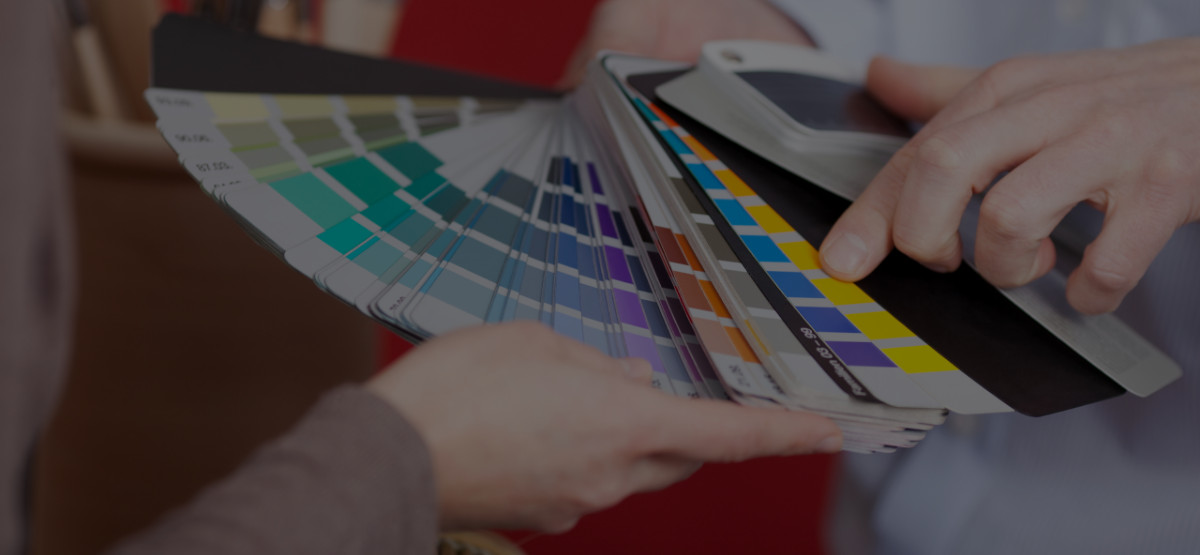Color selection and pairing is one of the most difficult tasks for a home owner. It can be overwhelming to consider all the options, and downright impossible to narrow it down!
This is where a color consultant comes in! They’re expected to know color theory and how to apply it when creating spaces for clients that reflect their wants, needs, and personalities.
If you’re thinking about pursuing a career as a color consultant, here’s what you need to know:
Duties
Color consultants are in demand in the decorating world where they are employed to create color palettes for residential, commercial, and retail spaces. They do not design spaces to their own tastes, but instead employ their knowledge of how color works to meet their clients’ expectations and suit each space. As a result, color consultants work with everything from accessories to fabrics to paint swatches. Every item in a room can affect the atmosphere and incite a particular emotion depending on its color and placement in relation to other accessories.
A color consultant can be hired at the initial design process where they have a hand at the design and construction of the space. Alternatively, they may be hired to work with an existing room. Perhaps a living room needs renovations and the consultant is brought in to rework the room to the clients’ existing furniture and fixtures!

Average Salary
Your pay will depend on experience, knowledge, skill level, location, and the type of sector you’re working in. Most color consultants are self-employed and work on a contract-to-contract basis. The median hourly wage is around $12-$15/hour when you’re starting out.
If you’re working for a large interior design or decorating company for corporate clients, you may find yourself earning upwards of $150/hour! While you could theoretically stretch out your portfolio and tackle all sorts of color consulting projects, you may be wise to find a niche market for yourself. It makes it easier to market your business, and your portfolio would be well-honed and appealing to clients who only want the best of the best.
Education Requirements
The field of color consultancy has garnered more attention in the past couple of years with the premiere of shows such as Colour Confidential. It’s important not to confuse the duties of a professional color consultant with those of a therapist—color theory does intrinsically relate to psychology, but it’s not in the job description of a consultant to dish out advice on a client’s personal issues!
The educational requirements for a color consultant are generally vague. A color consultant doesn’t need psychology training or even an education in the fine arts! Technically, no formal training is needed to work in the field, but there are ways to set yourself apart from the competition.
Having a certificate in the field is preferred by clients and employers – it shows you’ve voluntarily completed professional training and are ready to work in the design industry. Whether you choose to take a course from the comfort of your own home or attend sessions at your local college is up to you. If you’re searching for more flexibility in your schedule, you may want to check out online courses to work towards your career while upholding your other commitments!

Working Knowledge
First and foremost, you’ll need to know your color theory. By understanding how we perceive and experience color, you’ll be able to design spaces ranging from relaxing bedrooms to energy-enhancing workout areas, all tailored to your clients’ needs! You’ll need to understand the emotional impact of color combinations—where color psychology comes in—as well as how to apply them to multiple design elements. You need to know how to use colors to achieve certain goals. If your client wanted an attractive space with a relaxing atmosphere, you’d know to go for subdued, blue-toned colors.
You’ll also need to develop interpersonal skills since the whole process is a collaboration between yourself and your clients. You’re using your expertise to achieve their goals. Being able to customize your advice to each individual case is crucial. Just because a certain color or room style is trendy doesn’t mean it should be applied to every job you get! Everyone has different tastes and you need to take that into consideration.
Working Conditions
A color consultant’s working conditions are self-determined for the most part. A consultant can choose to work from home or lease an office space. As a color consultant, you’re expected to travel to personally see the spaces you’re working on to best tailor your advice to suit the client’s (and the space’s) needs
If you’re self-employed, you’ll be in charge of setting your own hours and likely start out in a home office. If you’re employed by a commercial organization, you can expect more regular hours and a consistent salary. Again, you could be working as a color consultant in homes, retail, offices, and even for high-profile events if you wanted to. The world is your oyster!


